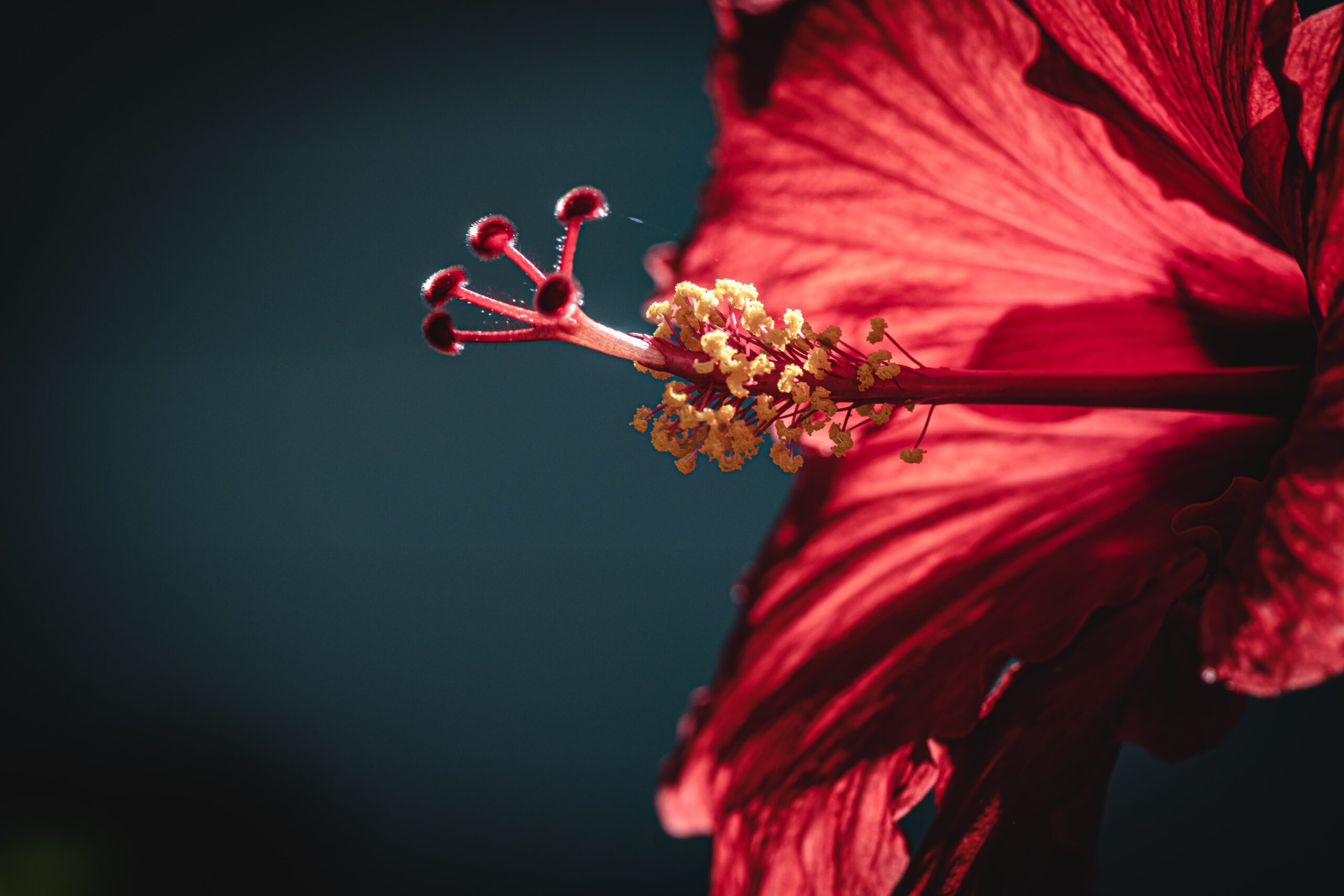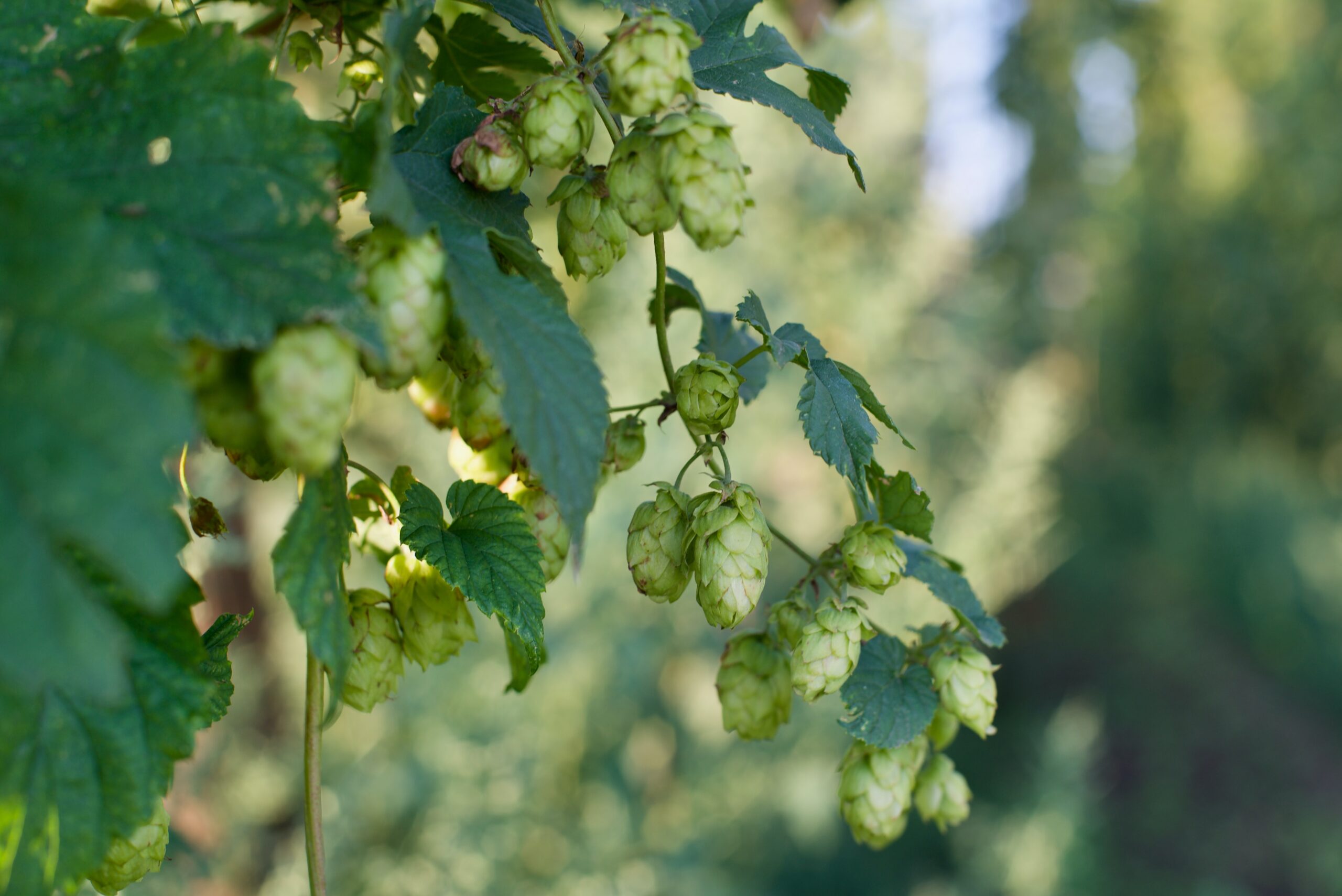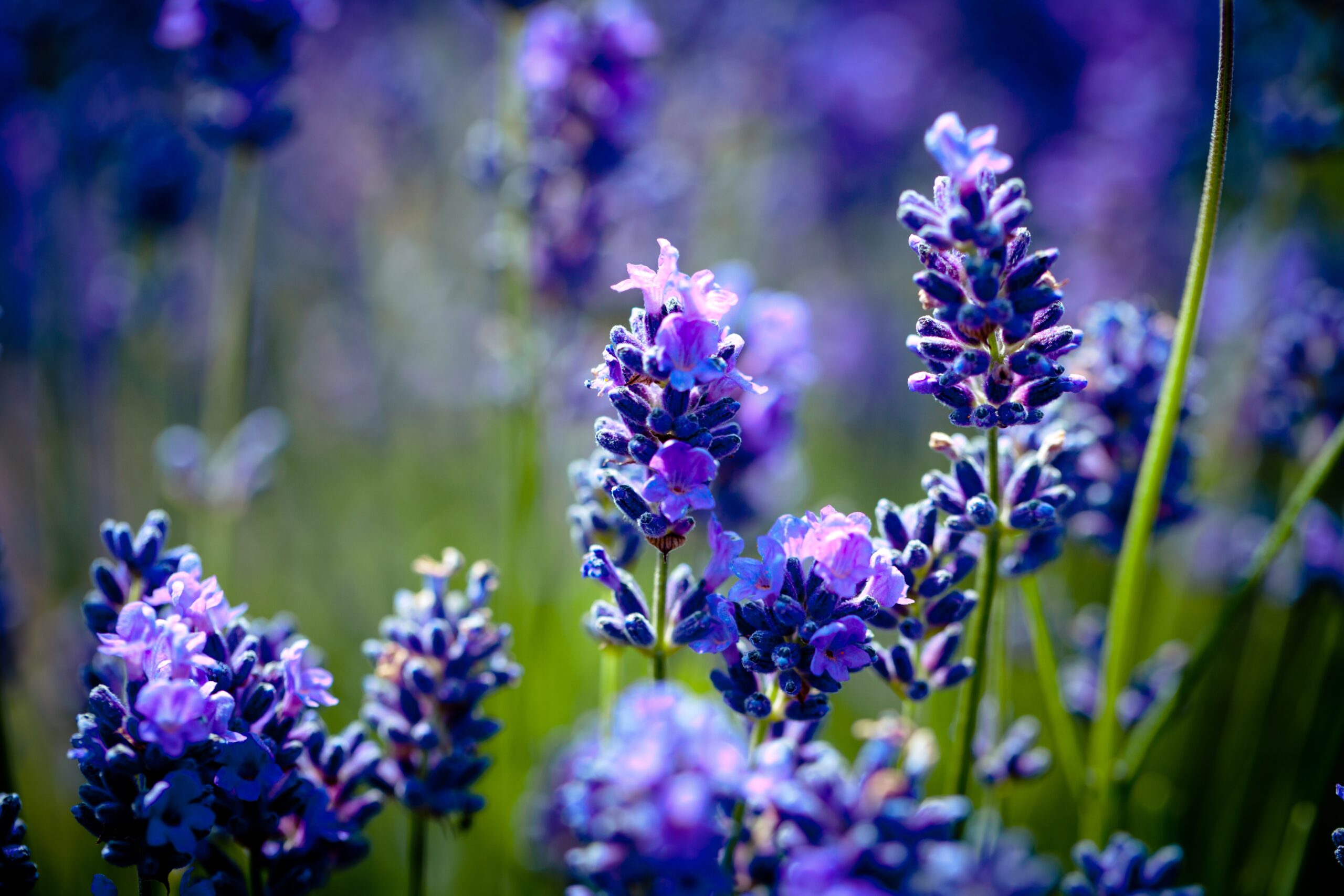
the problems with our modern relationship with plants
where our relationship with plants drastically fell off the path paved by our ancient ancestors
Since the earliest of our species, the Homo sapien, first began roaming the earth 200,000 years ago, every aspect concerning our day-to-day lives has changed.
From the foods we eat, to our routines, relationships, and social interactions, we have taken significant strides (in almost all directions) away from the kind of lifestyles our ancestors would have led - let alone our relationship with plants.
Where humans once depended heavily on the natural world for its plethora of vital resources and support — from using tree roots and reeds for construction materials, to sourcing berries for sustenance and fibre, and crafting medicines from the ground up — it’s now quite possible for us to go an entire day without coming into contact with something natural, at all.
From the first moment we open our eyes in the morning, to the second we close them again at night, our every interaction with the external world is characterised by modernity, man-made invention, and all things material.
The thing is, that despite the drastic change in the way we humans live, our biology really hasn’t shifted at all. In fact, we are still considered to be biologically identical to the first Homo sapiens, with the vast majority of the human genome still existing within us exactly as it did back then (1, 2).
This means that while we may have replaced tree-foraging with technology for the time being, when it comes to the health and well-being of our bodies — all the old rules and rituals still apply, especially when it comes to the medicinal use of plants.
Here, plant medicines reign supreme as the original and most intuitive form of healthcare, and not only have we seemingly strayed lightyears away from the type of plant-dependent lifestyle our ancestors would have lived, but we have isolated ourselves from the wealth of ancient knowledge that accompanied it.
From Mesopotamia, to Ancient Egypt, and the Aztecs in the Americas, plants have been cultivated, studied, and harnessed for thousands of years in practices as old as mankind itself. And while an entire world of empirical research is still out there (and has been for millennia), there is no one consolidated place for it to be found.
There exists an inseparable evolutionary relationship between plants and humans that is rooted deeply in biochemistry, yet we barely appreciate, let alone understand, the importance of their role in our lives (3).
Study after study reveals the significant health implications that arise from upping our interactions with nature — from reduced stress, to improved cognitive functioning, the remedying of minor ailments, and the prevention of both chronic and acute disease (4, 5, 6, 7).
But randomized controlled trials are only ever as good as the populations their findings can be extrapolated to, and with chronic issues as complex as anxiety, sleeplessness, and general fatigue, outliers are found more often than not.
Instead, sofi proposes trying to understand people and plants at the individual level: the N-of-1.
Rather than saying lavender can help some people sleep some of the time, we know exactly whom, how much, and when.
Composed of a small team of individuals dedicated to harnessing the healing power of plants, we found a way to bridge this ancient technology with the new. We took the oldest form of healthcare on the planet and combined it with AI learning, chemical fingerprinting, and N-of-1 research methodology to figure out exactly what plant formulations and active compounds can help you.
As a result, sofi is the first intelligent and connected smart spray designed to deliver and track optimal plant-based solutions for you.
Rather than base our data solely on the information already out there, we decided to use inter and intra-subject variability to the direct benefit of our community. By creating the world’s largest Atlas of data on the interactions between people and plants, we’re able to create a system of personalised plant-based healthcare that’s 100% specific to you.
Realistically, there is so much we have yet to discover about the value and potential application of plant-based medicine within a system of modern healthcare. As a consequence, it’s likely we have yet to grasp exactly what we’re missing out on.
The opportunity for meaningful change is limitless, and it all begins with re-evaluating our relationship with the plants and the natural world, and shifting our approach to scientific research.
So, why not let it begin with sofi? Click here to learn more about sofi subscriptions, and begin making unique discoveries with plants at the level of N-of-1.
References:
- Boyd Eaton, S. (2010). Complex Chronic Diseases in Evolutionary Perspective. In M. Muehlenbein (Ed.), Human Evolutionary Biology (pp. 491–501). Cambridge: Cambridge University Press.
- Chakravarthy MV, Booth FW. Eating, exercise, and “thrifty” genotypes: connecting the dots toward an evolutionary understanding of modern chronic diseases. J Appl Physiol (1985). 2004 Jan;96(1):3–10.
- Schaal, B. Plants and people: Our shared history and future. Plants, People, Planet, 2019; 1: 14– 19.
- Berman MG, Jonides J, Kaplan S. The Cognitive Benefits of Interacting With Nature. Psychological Science. 2008;19(12):1207-1212.
- Berto, R. (2005). Exposure to restorative environments helps restore attentional capacity. Journal of Environmental Psychology, 25(3), 249–259.
- Ulrich, R. S., Simons, R. F., Losito, B. D., Fiorito, E., Miles, M. A., & Zelson, M. (1991). Stress recovery during exposure to natural and urban environments. Journal of Environmental Psychology, 11(3), 201–230.
- Knutsen SF. Lifestyle and the use of health services. Am J Clin Nutr. 1994;59(5 Suppl):1171S-1175S.

